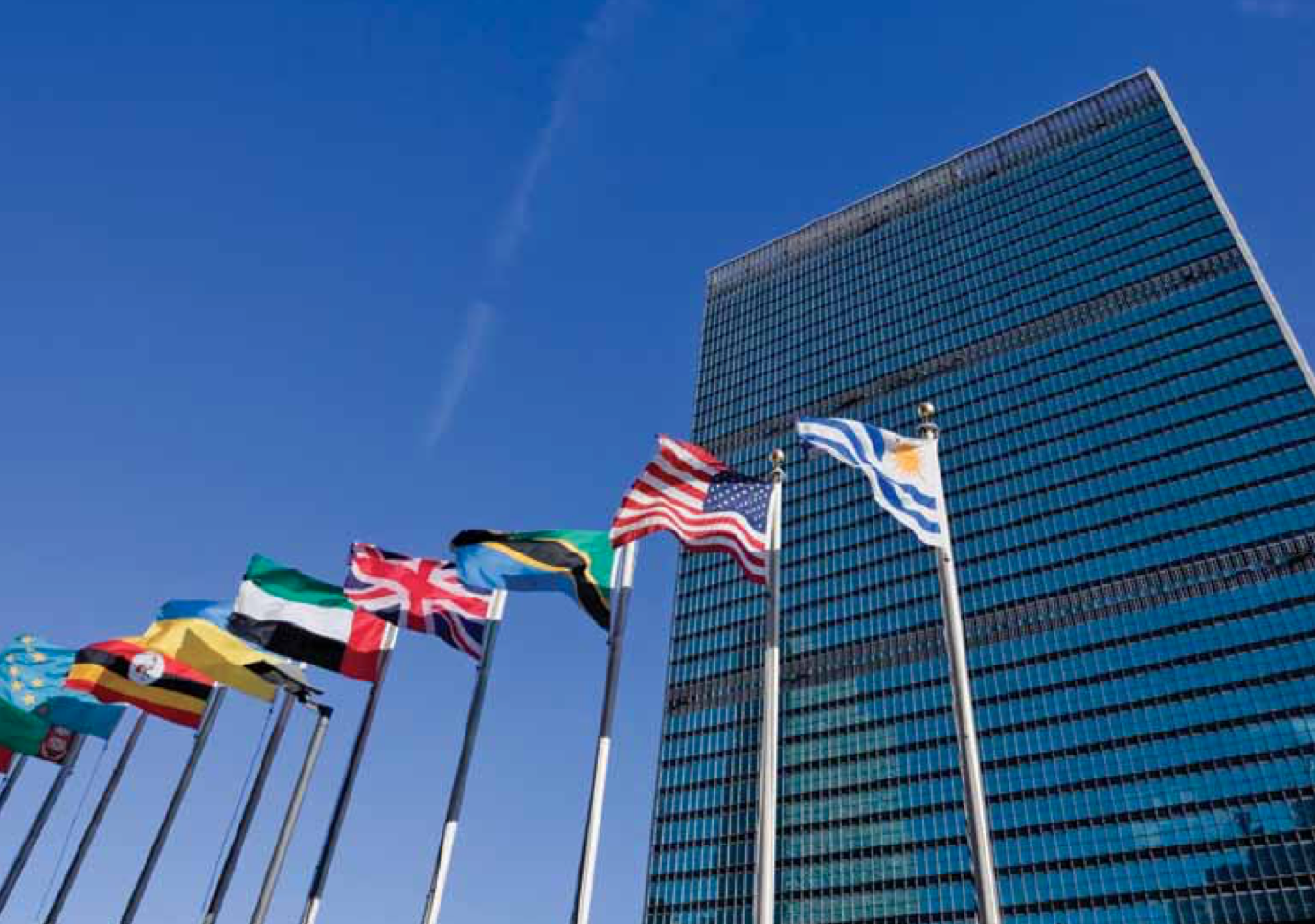(The National Interest) – The following is part of an ongoing debate between Barak M. Seener and John C. Hulsman.Seener offered a critique of Hulsman’s article “Designated Driver Diplomacy.” Hulsman responded, and Seener gets the last word here.
It is impressive how a supposed response manages to ignore several examples of how Britain either openly opposed or pro-actively reinforced U.S. foreign policy. These examples cannot be dismissed as merely being “trees pointing the other direction” in comparison to a forest, as they were pivotal moments in history. Instead, an onslaught is made upon my alleged policy leanings due to my being a “representative of the Henry Jackson Society.” I have never been affiliated with neoconservatism for reasons described below. Ironically, I find myself in the position of wanting to cite the same Cary Grant lines despite it being unbefitting for an alleged neoconservative to recall the effeminate and debonair British actor.
In an emotive appeal to those subscribing to conspiracy theories, the author holds neoconservatives responsible for hijacking U.S. foreign policy. None of the Bush’s cabinet advisors were neoconservatives. They were traditional realists who perceived the world as a dark and dangerous place with amorphous transnational threats that needed to be tackled, especially after 9/11. The notion of a neoconservative coup- which ignores most Democrats’ position in 2002-is facile. It also enables those not subscribing to neoconservatism to evade responsibility for also actively promoting Iraq’s invasion.
Just as historical readings ought not be conducted in a two-dimensional manner, similarly policy affiliations are allowed to be nuanced.
Read Full Article: The National Interest
Barak Seener is the CEO of Strategic Intelligentia and a former Middle East Fellow at the Royal United Services Institute (RUSI). He is on Twitter at @BarakSeener.




